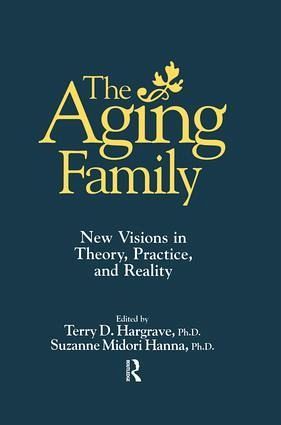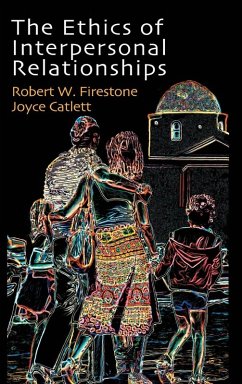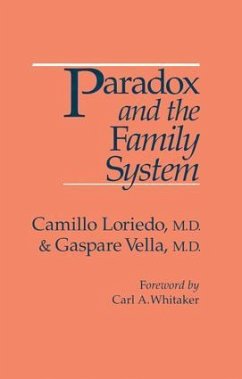
The Aging Family
New Visions In Theory, Practice, And Reality
Herausgeber: Hargrave, Terry; Midori Hanna, Suzanne
Versandkostenfrei!
Versandfertig in 1-2 Wochen
61,99 €
inkl. MwSt.
Weitere Ausgaben:

PAYBACK Punkte
31 °P sammeln!
As the population of the United States ages, and the lifspan increases, so does the number of living generations. The mental health care delivery system therefore faces new challenges. The United States is heading into the 21st century with multigenerational families now commonplace, with up to four or five generations co-existing at the same time. And each generation is forced to deal with its own developmental transitions as well as complex cross-generational issues. When a therapist steps into this situation, his or her role has to take on board the complexity of the whole family system.; T...
As the population of the United States ages, and the lifspan increases, so does the number of living generations. The mental health care delivery system therefore faces new challenges. The United States is heading into the 21st century with multigenerational families now commonplace, with up to four or five generations co-existing at the same time. And each generation is forced to deal with its own developmental transitions as well as complex cross-generational issues. When a therapist steps into this situation, his or her role has to take on board the complexity of the whole family system.; This text highlights the issues that hold families together and often tear them apart. It offers core perspectives that seek to make the work of intervention easier and more effective for the clinician. Whether the therapist is called upon to intervene on behalf of elder members to deal with issues such as depression, or to step in when younger members are trying to determine how best to provide eldercare, the perspectives presented in The Aging Family aim to enrich the strategies used.














